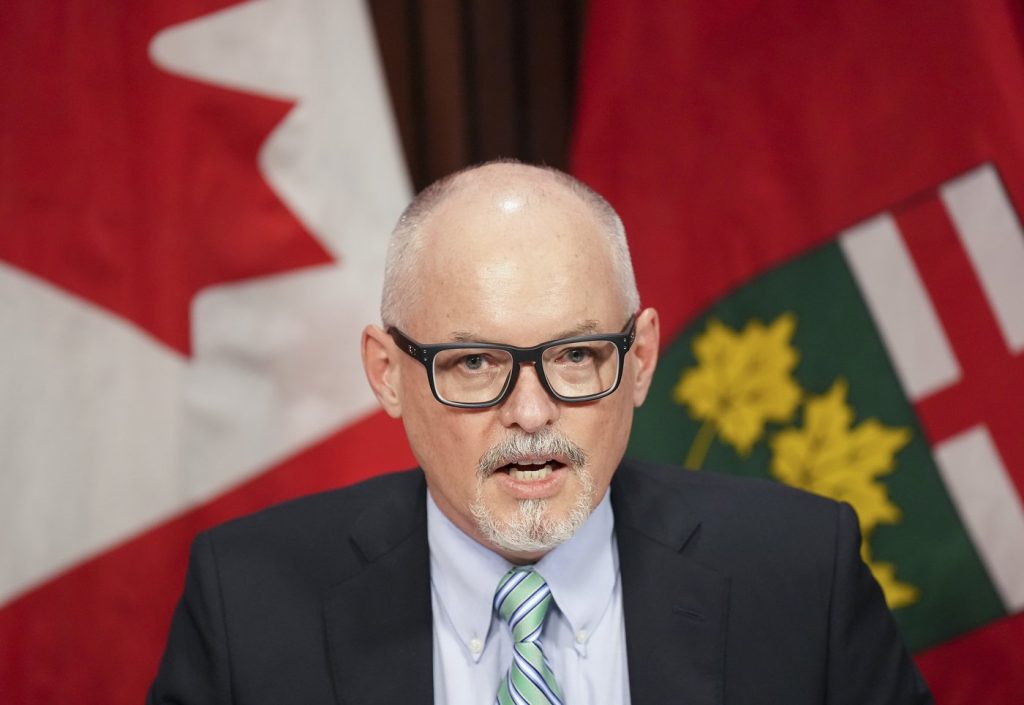Ottawa mayor calls for ‘urgent investment’ in homelessness from other levels of government
Posted Jan 29, 2020 01:38:00 PM.
This article is more than 5 years old.
On the eve of a debate on declaring a homelessness emergency at Ottawa city council, the mayor says “urgent investment” is needed from all three levels of government.
A memo issued late Tuesday, signed by Mayor Jim Watson and councillors Jenna Sudds and Catherine McKenney, reviews the past six years of the city's plan to address homelessness in the capital, and calls for the strategy to be refreshed.
The memo proposes that in the next 10 years, the city create at least 5,700 affordable housing spaces, both through building new units and providing housing subsidies, while making sure that 20 per cent of those units are dedicated to supportive and accessible housing. The memo also calls for the existing stock of community housing to be preserved.
The memo also includes even more ambitious proposals from the city's draft version of its refreshed 10-year housing and homelessness plan; reducing overall homelessness by 25 per cent, and fully eliminating “unsheltered homelessness,” or people living on the streets.
“Urgent investment from all three levels of government is needed to increase the affordable housing supply and create new housing subsidies to help people maintain their housing,” the memo said. “Although the City has invested in capital and operating funding for new supportive housing, the supportive housing waitlist remains over 12,000 people.”
The city plans to spend $109.2 million on addressing homelessness this year, with provincial funding expected to amount to $42.8 million and federal funding $26.6 million.
The full draft 10-year plan will be submitted to the province for its consideration, Thursday, with 90 days for the province to review and comment. The plan would then go to committee and council in March.
City council will debate a motion from Councillor McKenney, Wednesday, that the city declare an affordable housing and homelessness emergency, to acknowledge that the city does not possess the resources to manage the problem by itself.








